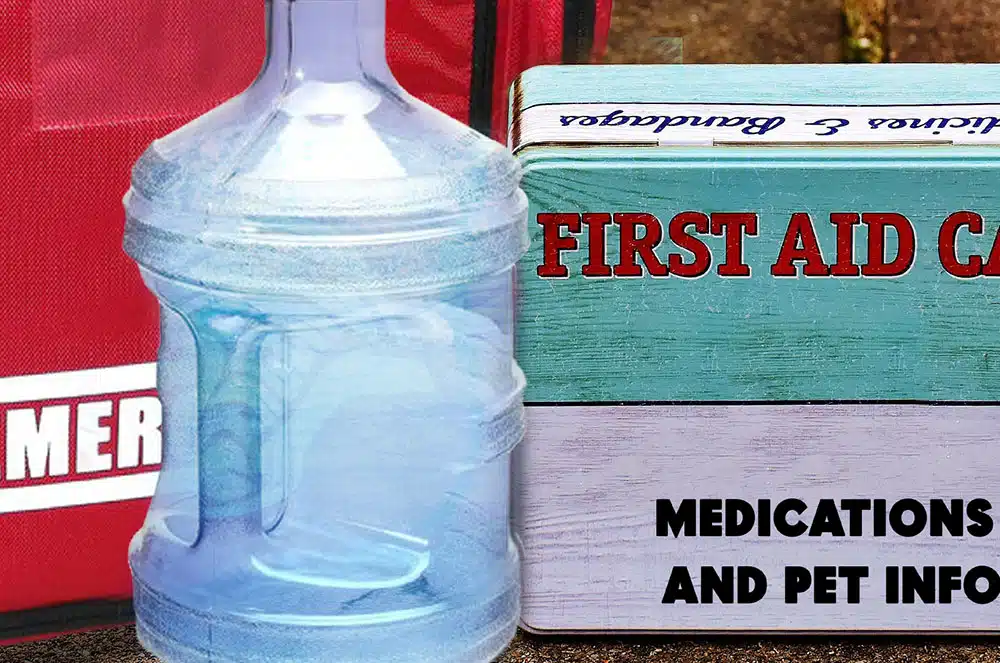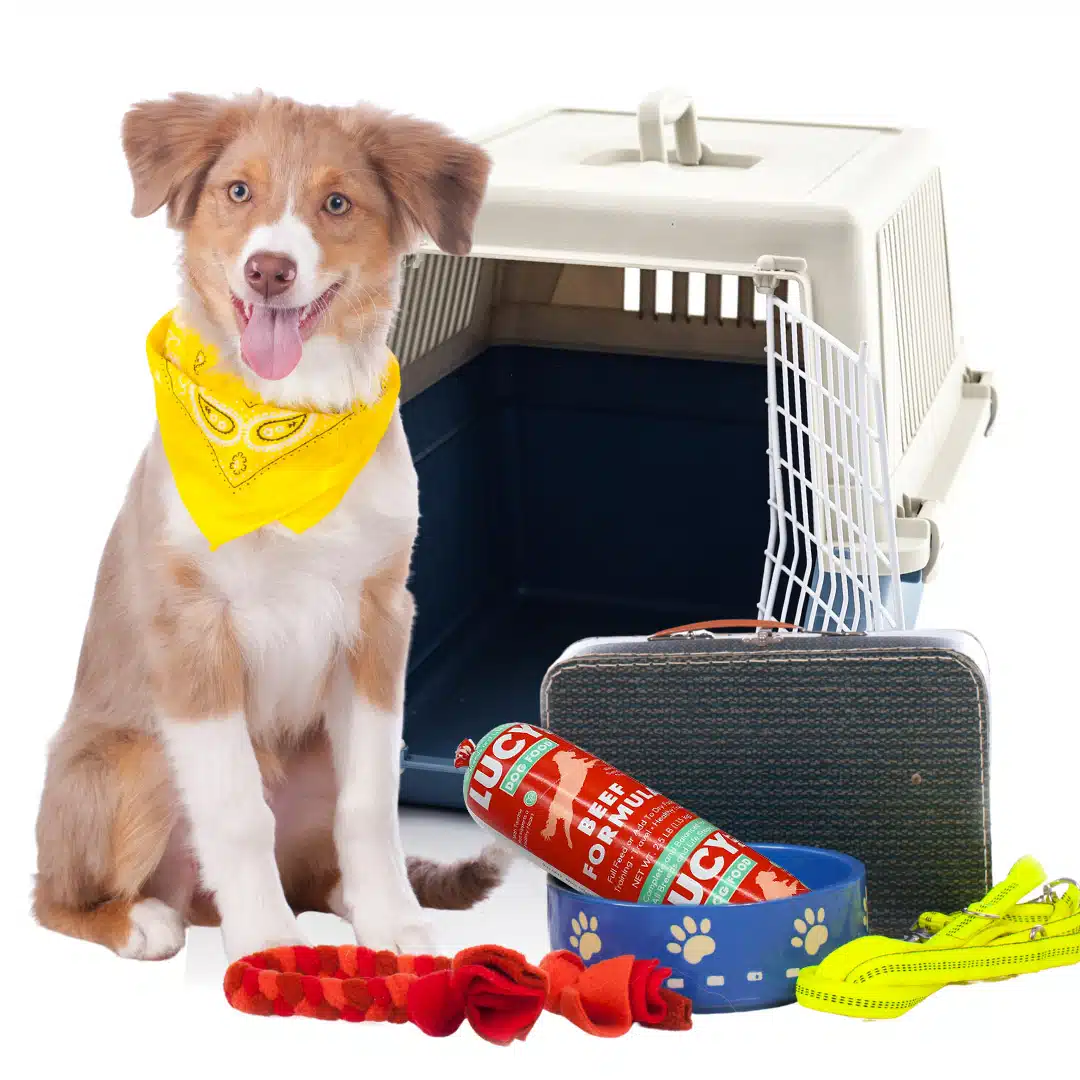
Dogs, just like humans, are susceptible to the same gastric discomforts that stem from the unfortunate ailment of indigestion. Perhaps you have never thought of your dog as having indigestion; after all, it’s not as if your dog’s diet changes! Dog Indigestion is a common problem, and it causes a great deal of distress for our canine companions. Even if we were able to identify when our dog had indigestion, how would we know how to treat it? This helpful guide will reveal the symptoms of indigestion and teach you how to treat dog indigestion.
What is indigestion?
Indigestion is characterized by a collection of symptoms that indicate gastric distress and an upset tummy. More often than not, this gastric distress is brought on by the consumption of food. Most commonly, indigestion includes symptoms that are related to acid reflux, heartburn, and nausea.
Indigestion is related to and caused by inflammation in the stomach and bowels. When your dog cannot digest something he ate, whether it is too much food, a foreign object, or human food not meant for dogs, the stomach reacts by releasing large amounts of stomach acid. This is the beginning of dog indigestion.
Stomach acid is used by the body to break down food and begin the digestion process. While stomach acid is a very necessary part of the digestion process, it is naturally corrosive. The main function of stomach acid is to break down food, but stomach acid can also break down the tissue of the stomach itself.
The longer food or foreign objects remain in the stomach, the harder the stomach has to work. This triggers your dog’s digestive system to release more stomach acid that is even more potent than before. If too much stomach acid is introduced too rapidly, as is typically the case with indigestion, then the gastric system becomes overwhelmed and attempts to alleviate the pressure.
The body’s attempt to alleviate this pressure is most commonly seen in symptoms like regurgitation, gas pain, bloating, and diarrhea. As stomach acid builds up in the stomach, it pushes up against the muscle between the esophagus and stomach, inevitably pushing stomach acid into the esophagus. This sensation is what we call heartburn, and for a dog, it can be very painful and extremely confusing.
Below you will find some of the more general symptoms of gastric distress and digestive issues, aka indigestion:
- Weight Loss due to discomfort during and after eating
- Regurgitation and vomiting after meals
- Mucus and bile in dog vomit
- Choking
- Persistent choking and hacking while eating
- Whimpering while eating
- Loss of appetite or an unwillingness to eat
- Lethargy
- Slobber and excessive drooling
- Starting and stopping meals without finishing a full serving
- Bad Breath
Types of indigestion
While indigestion generally refers to the rapid inflammation of the gastrointestinal tract due to a high volume of stomach acid, there are more specific conditions that better categorize the complexities of this ailment. Of the conditions that can occur as a result of indigestion, the three most prominent are Diarrhea, Acid Reflux, and Nausea/Vomiting.
Diarrhea
Treatment for diarrhea often depends on the cause, but in the case of indigestion related diarrhea, hydration is critical. Because your dog is not absorbing nutrients, you should try incorporating small amounts of beef broth into their water as a way to replenish some of the sodium and electrolytes they are losing. Believe it or not, your dog can even benefit from a little bit of diluted Pedialyte as a safe treatment for indigestion based diarrhea.
More than likely, diarrhea is an indicator that your dog’s indigestion was caused by something your dog is eating. Typically whatever they ate was either not meant for canine consumption, or was a foreign body that your dog should not have swallowed. In most circumstances, this form of indigestion is no cause for alarm, and you will just have to wait for your dog to pass what they ate. However, if your dog continues to have diarrhea for an extended period, then you need to seek help from a veterinarian immediately.
Acid Reflux
Acid Reflux, also known as gastroesophageal acid reflux disease, is a relatively common ailment for animals, especially dogs. This form of indigestion is the most common and most severe and is typically the result of a gastrointestinal malfunction.
As alluded to earlier acid reflux occurs when stomach acid, and other fluids, bypass the sphincter muscle of the upper digestive system and fill the esophagus with stomach acid. Acid reflux in dogs is sometimes referred to by the acronym GERD. Characterized by obvious pain and distress, regurgitation of stomach fluid is uncomfortable for dogs, and they have ways of letting you know it.
Acid reflux, as the result of indigestion, can be attributed to a malfunctioning sphincter muscle which separates the base of the esophagus and top of the stomach. The malfunctioning sphincter muscle expands periodically due to pressure from stomach fluids.
As a result, the malfunctioning muscle allows stomach fluid to flow up into the esophageal passage. If indigestion is a regular occurrence, then acid reflux can become a chronic problem wherein a regular amount of acid reflux will cause the tissue of the esophagus to become scared and tender.
Acid reflux, as it is related to indigestion, is usually caused by overeating or eating too quickly. There is a multitude of preventatives and solutions that you can employ to prevent your dog from experiencing this type of gastrointestinal distress.
One step may be to put your dog on high quality, low acidic diet. There are many wonderful types of dog food that are good for curbing the effects of acid reflux. Kibble is especially good for dogs who suffer from normal bouts of indigestion. Second, you need to monitor how much food your dog is eating.
The best way to combat indigestion and the ensuing acid reflux is to feed your dog small amounts in daily intervals spread out over time. The easiest way to provoke an acid reflux flare-up is to allow your dog to eat too much in one sitting. Overeating signals the stomach to release a surplus of stomach acid, which in turn creates indigestion and acid reflux. Refer to the feeding guidelines on your pet food bag as a guideline to ensure you are not over-feeding.
Nausea/Vomiting
Regurgitation is the last of the major symptoms tied to indigestion. Nausea and vomiting are both indicators that the stomach, intestines, or both, are inflamed and rejecting nutrients. During the initial stages of indigestion, your dog’s stomach begins to swell with stomach acid. As the stomach swells, the contents of the stomach are pressed up and out of the esophageal passage.
There is a key difference between regurgitation and acid reflux. Acid reflux is more of an overflow where stomach acid seeps into the esophagus but is not forced out with enough pressure to come all the way out and cause vomiting. Alternately, regurgitation contains stomach acid, bile, and food and is categorized by the contents of the stomach, leaving the dog’s body through the mouth.
Regurgitation, as it relates to nausea, is often a sudden response to rapid onset indigestion. Whereas acid reflux may take time to develop in the course of an hour after a meal, regurgitation tends to be immediate. Indigestion induced regurgitation can happen as the result of enzyme irregularities, viruses, or even an allergic reaction to diet.
If regurgitation is an irregularity for your dog, then the occasional bout of nausea is nothing to be concerned with. However, if vomiting becomes a regular occurrence, then the best thing to do is make a change in your dog’s diet. Never be too hasty in switching your dog eats but it is important to ensure that your dog is receiving a well-balanced diet that is not inducing detrimental side effects.
Indigestion can have many causes and is evident in a multitude of symptoms like vomiting and digestive problems. For the most part, indigestion is simply your dog’s inability to absorb nutrients properly. As discussed in this article, providing your dog with the correct nutritional building blocks is essential for preventing indigestion. The right food can make all the difference in treating your dog’s indigestion, and in many cases, a switch to a natural dog food formula is enough to eradicate indigestion from your dog’s life.







Leave A Comment
You must be logged in to post a comment.